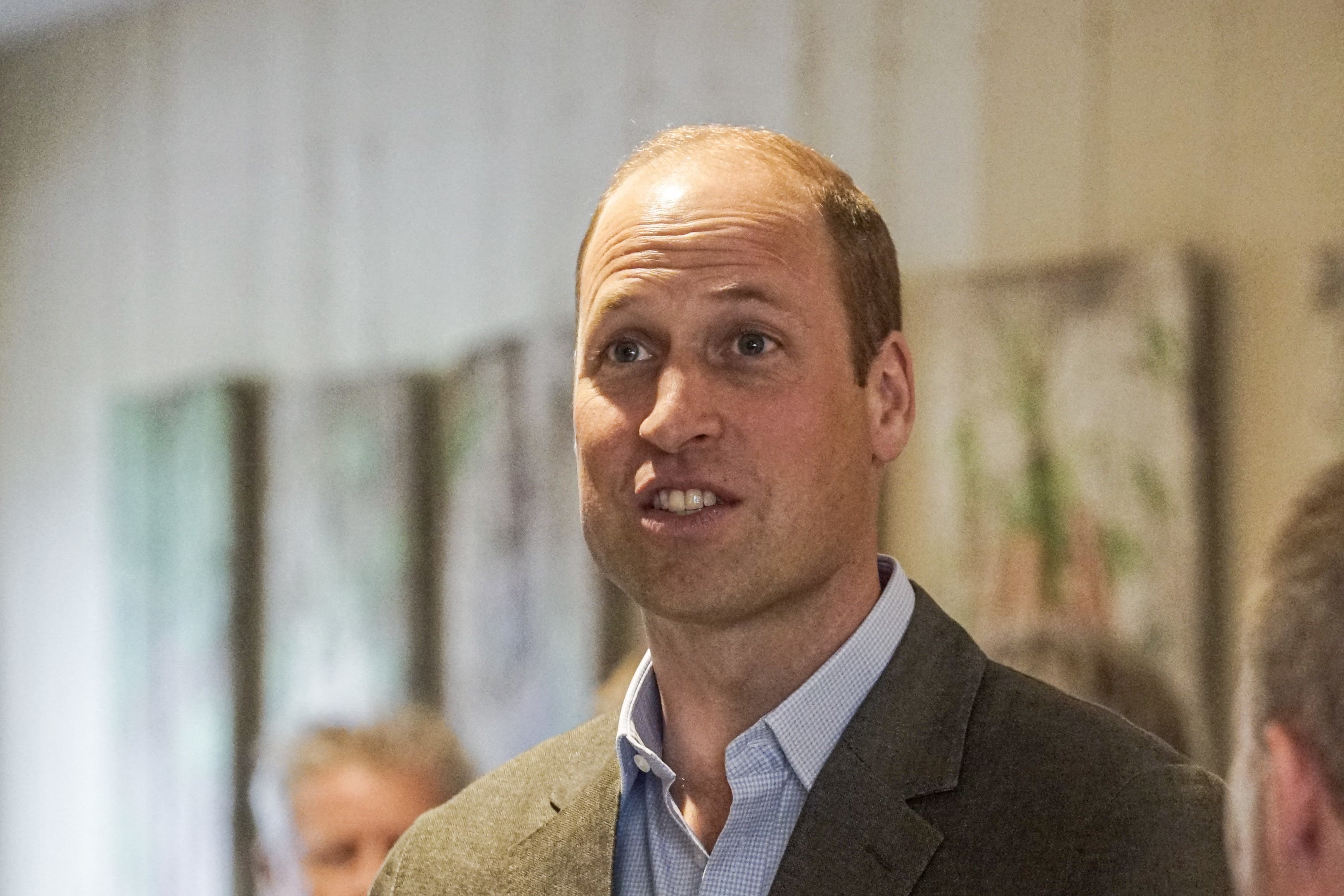William champions appeal to build centre tackling antimicrobial resistance
The topic is said to be something William is very interested in and his new patronage sits alongside his role as president of the Royal Marsden.

Your support helps us to tell the story
From reproductive rights to climate change to Big Tech, The Independent is on the ground when the story is developing. Whether it's investigating the financials of Elon Musk's pro-Trump PAC or producing our latest documentary, 'The A Word', which shines a light on the American women fighting for reproductive rights, we know how important it is to parse out the facts from the messaging.
At such a critical moment in US history, we need reporters on the ground. Your donation allows us to keep sending journalists to speak to both sides of the story.
The Independent is trusted by Americans across the entire political spectrum. And unlike many other quality news outlets, we choose not to lock Americans out of our reporting and analysis with paywalls. We believe quality journalism should be available to everyone, paid for by those who can afford it.
Your support makes all the difference.The Prince of Wales has committed himself to a five-year project to create a new centre which aims to combat the global rise of antibiotic-resistant bacterial infections.
William has become patron of an appeal to build the Fleming Centre, named after Sir Alexander Fleming who discovered penicillin, with the facility due to open in 2028, the centenary year of the microbiologist’s breakthrough.
It will be based at St Mary’s Hospital in central London where Sir Alexander first noticed the ability of a stray mould on a culture dish to ward off bacteria, a development which brought a sea-change in the treatment of bacterial infections.
The prince was asked to be the appeal’s patron by Professor Lord Darzi, who will be the chairman of the new centre, which aims to combine cutting edge research, public engagement, and work with policy makers to drive global change on the issue.
The topic is said to be something William is very interested in and his new patronage sits alongside his role as president of the cancer specialist hospital the Royal Marsden, where Lord Darzi holds the post of honorary consultant surgeon.
Lord Darzi said: “At the Fleming Centre, Imperial College London and Imperial College Healthcare NHS Trust are driving solutions to antimicrobial resistance that are co-designed with patients, the public and policy makers and underpinned by a rich and diverse evidence base.
“We are making behavioural science and public involvement the cornerstones of the radical change that’s needed to influence individual behaviour and policy decisions.”
In the past decades scientists have become increasingly concerned about the rise of antimicrobial resistance, an urgent global public health threat that occurs when micro-organisms which cause infections develop resistance to treatments like antibiotics, leading to an increase in drug-resistant infections.
It has been caused in part by the widespread misuse and overuse of antibiotics and other antimicrobials in humans and livestock, which has led to the global spread of drug-resistant microbes.
The project is being led by Imperial College London and Imperial College Healthcare NHS Trust, which includes St Mary’s Hospital.
Dr Tedros Adhanom Ghebreyesus, director-general of the World Health Organisation, said: “Alexander Fleming’s discovery of penicillin in 1928 completely changed the face of medicine, making previously lethal infections treatable and saving countless lives.
“Nearly a century later, the tide of antimicrobial resistance is eroding those gains and putting a hundred years of medical progress at risk.
“To protect future generations everywhere from potentially life-threatening infections, there is a vital need for transformative research and education to change prescribing practices and identify new antibiotics.”